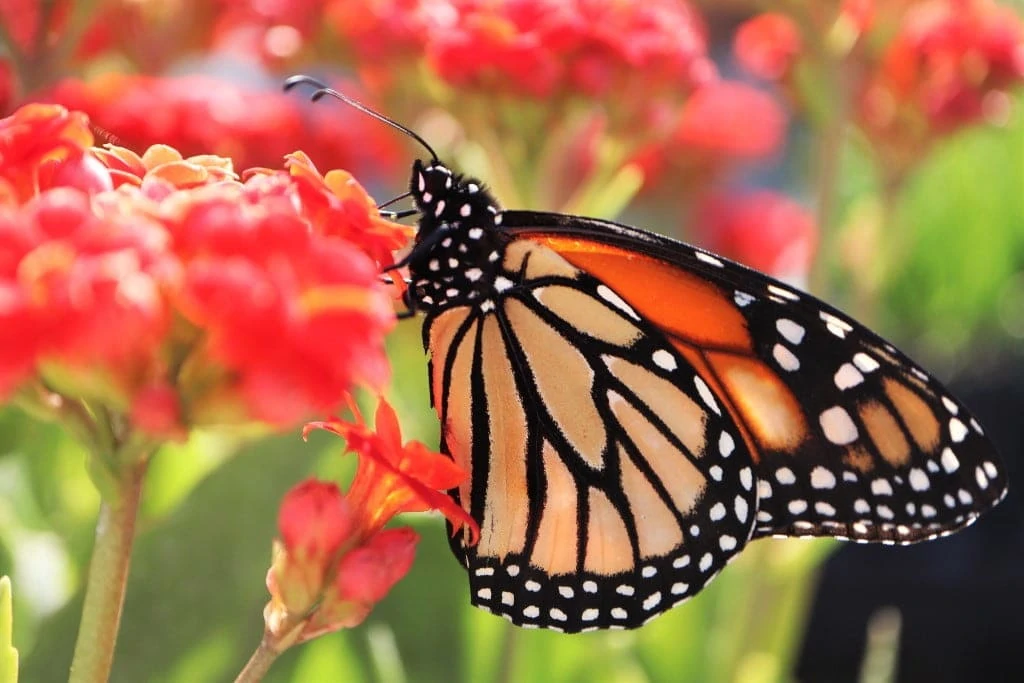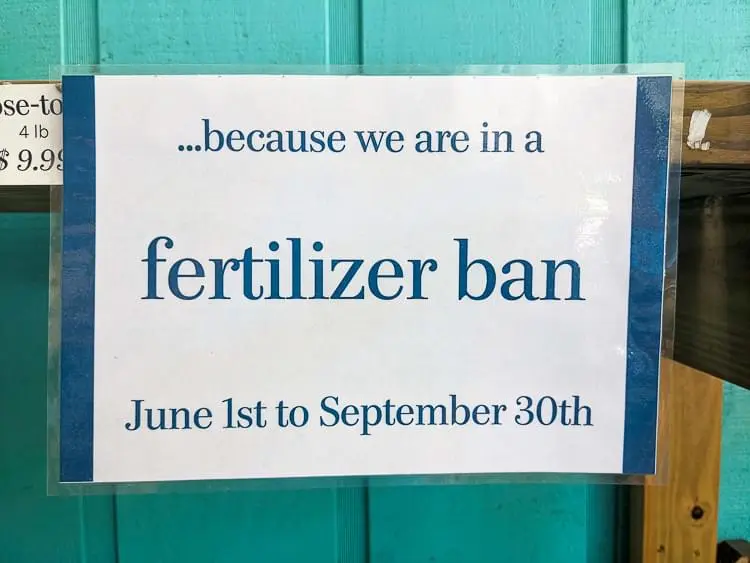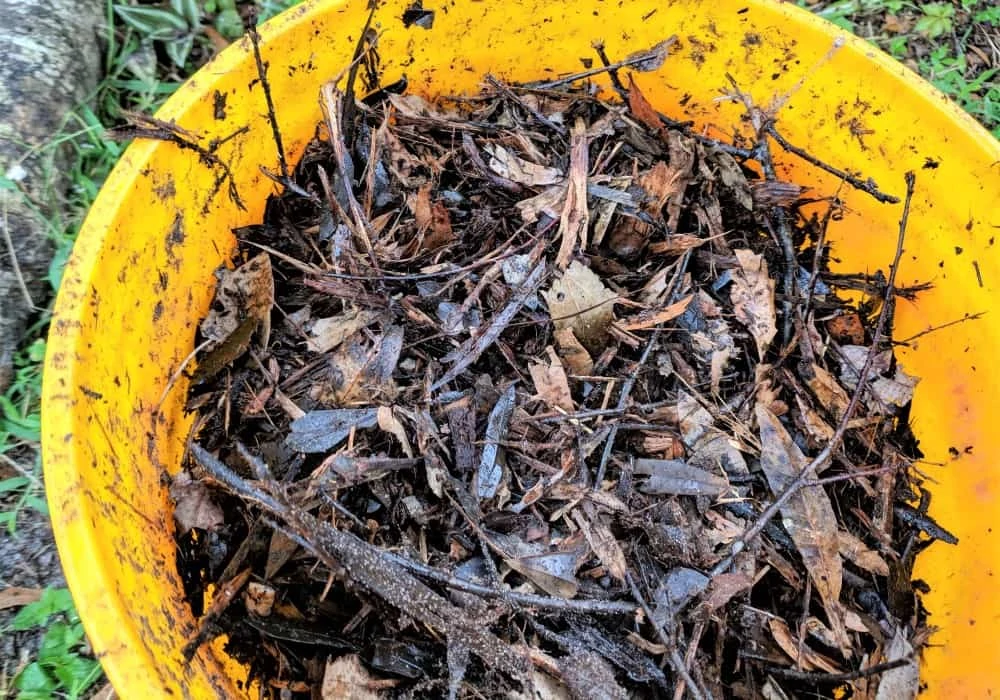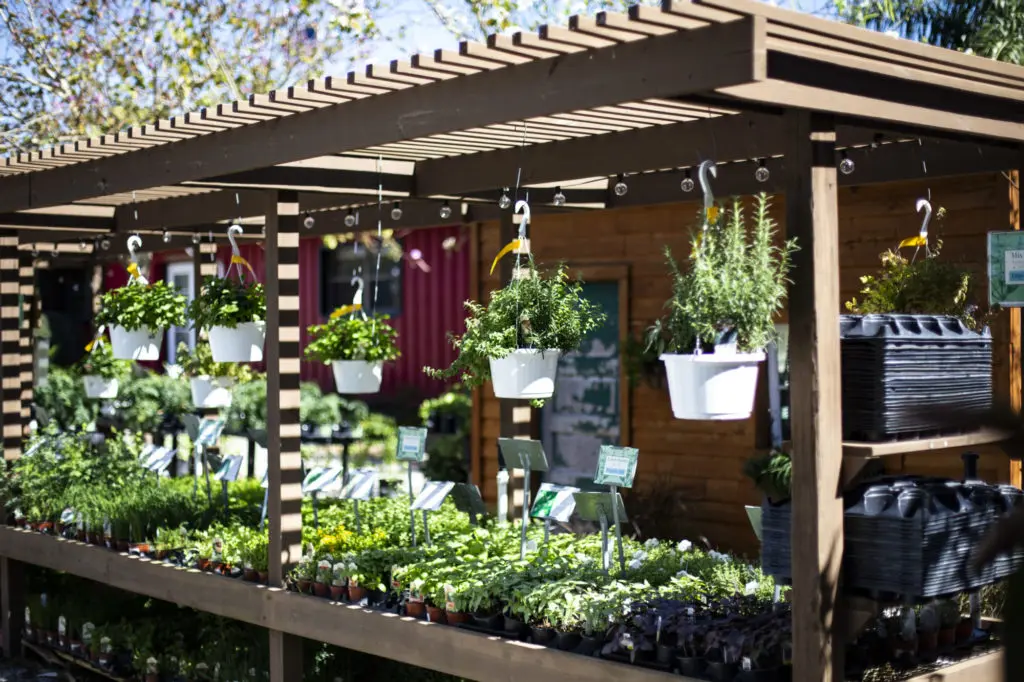As the heat of summer sets in, many Florida gardeners take a break from traditional vegetable gardening and are best suited to plant heat-tolerant vegetables such as okra, sweet potatoes, and black-eyed peas and tropical fruits such as mangoes, papayas, and pineapples.
However, there are still plenty of tasks to keep you busy in the garden! Try to avoid the heat by working in shaded areas of the garden, or head outside in the early morning or late evening when the temperatures are cooler.
What to do in your summer garden
During the month of June, the combination of hot weather and increased pest activity can pose a threat to your plants.
Take regular walks throughout your garden to monitor and remove any pests before they have a chance to multiply and always focus on improving soil quality by adding mulch, amendments and organic matter to your garden beds. Take some time to pull some weeds, check your irrigation and prune back dead and damaged plants to help your garden thrive throughout the summer season and set you up for success this fall.
Keep an eye out for pests
Bugs love this hot and humid weather, so be sure to walk through your garden regularly and check for insect and disease damage.
Pick pests off by hand and dispose of them to prevent infestations before it becomes a problem.

Spraying should be avoided whenever possible, as it can kill the beneficial insects that help keep your garden healthy.
If absolutely necessary, use insecticidal soaps and horticultural oils whenever possible; they’re safer for you and for the environment. Thuricide and dipel are the best control for caterpillars—but keep in mind that many caterpillars turn into butterflies!
Mulch your gardens
Regular mulching is one of the best ways to improve the soil. A layer of 2 to 3 inches of sustainable mulch or chop + drop will keep moisture in and weeds out.
Over time, this mulch will be consumed by the beneficial organisms in the soil and turned into nutrient-rich fertilizer for your plants.
Check your irrigation
Make sure your irrigation is ready to run and don’t forget to shut it off when it rains. Remember, overwatering is the number one cause of plant death.

Water conservation is a good practice. Know and heed the watering restrictions in your area and water your plants in the morning to avoid evaporation and conserve water.
During dry spells, make sure to water deeply, so the roots can absorb the water and stay hydrated.
Follow local fertilizer restrictions
There is a fertilizer ban in Brevard County from June through September.

Instead of using commercial fertilizers, create your own organic matter by composting your fruit and vegetable salvage, eggshells, coffee grinds, and yard trimmings.

Compost creates long-term nutritional benefits for your lawn and garden.
Lightly prune trees and shrubs
Now is a good time to prune dead and weak branches from your trees and shrubs to prevent damage during high winds.

Pruning your shrubs, such as hibiscus, oleander, ixora, and bougainvillea—throughout the summer will keep them lush and colorful.
Container Gardens
Container gardens require a little more care during the summertime. Herbs and vegetables are best grown in pots this time of year since you can regulate the amount of water and sun they get.

Annuals + Perennials to plant now
- ageratum
- angelonia
- bulbine
- bush daisies
- begonias
- caladiums
- coleus
- coreopsis
- cosmos
- Dahlberg daisies
- dune sunflowers
- gaillardia
- gazania daisies
- lantana
- pentas
- purslane
- salvias
- vinca
- zinnias
Herbs + Vegetables to plant now
- basil
- black-eyed peas
- catnip
- chamomile
- chives
- cherry tomatoes
- cucumber
- sage
- sorrel
- tarragon
- fennel
- eggplant
- lavender, french
- lemon balm
- marjoram
- mint
- okra
- oregano
- parsley
- peppers
- squash
- rosemary
- watermelon


